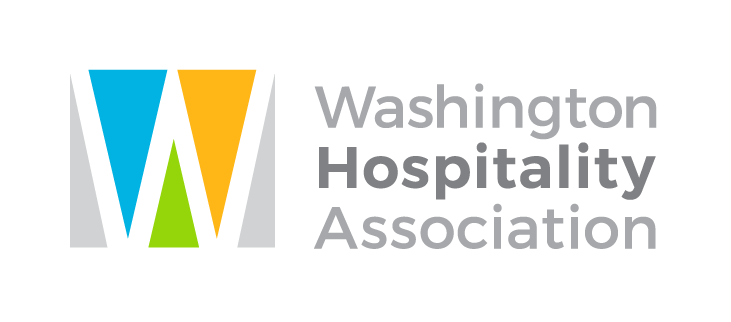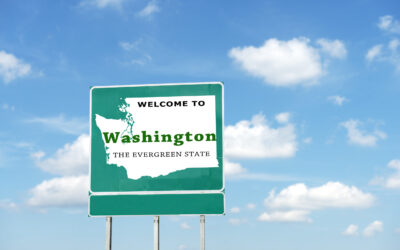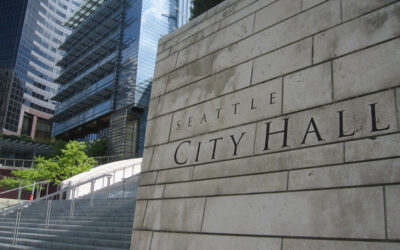Soft Skills Toolkit
Last updated
Different generations have different means of interacting in the workplace. Many members are noticing that some entry-level employees may benefit from additional training in basic workplace skills and customer service fundamentals like using a mop or active listening. These resources can help your employees find new ways to learn those soft skills.

To unlock this members-only toolkit…
Contact a territory manager today to learn more about the many benefits of membership with the Washington Hospitality Association.
Already a member? Click here to log in and unlock access to all our toolkits and other members-only resources.
What’s a toolkit? Whether you’re new to the business or a seasoned veteran, our in-depth explainers offer actionable insights into topics ranging from navigating Washington’s complex regulations to boosting your profitability.
More Toolkits
Going Green toolkit
These resources range from information on the Clean Buildings Act to guidance on how to remain in compliance with bans on plastic bags, single-use service ware and single-use personal beauty products.
Seattle Employee Requirements Toolkit
The Seattle Employee Requirements toolkit is your essential guide to navigating local labor laws, including commuter benefits, paid sick and safe time, minimum wage, secure scheduling, hotel employee protections and independent contractor protections.
Cybersecurity toolkit
Cybersecurity is increasingly vital for businesses and individuals, earning the top spot-on a global business risk barometer and in operators’ minds.



